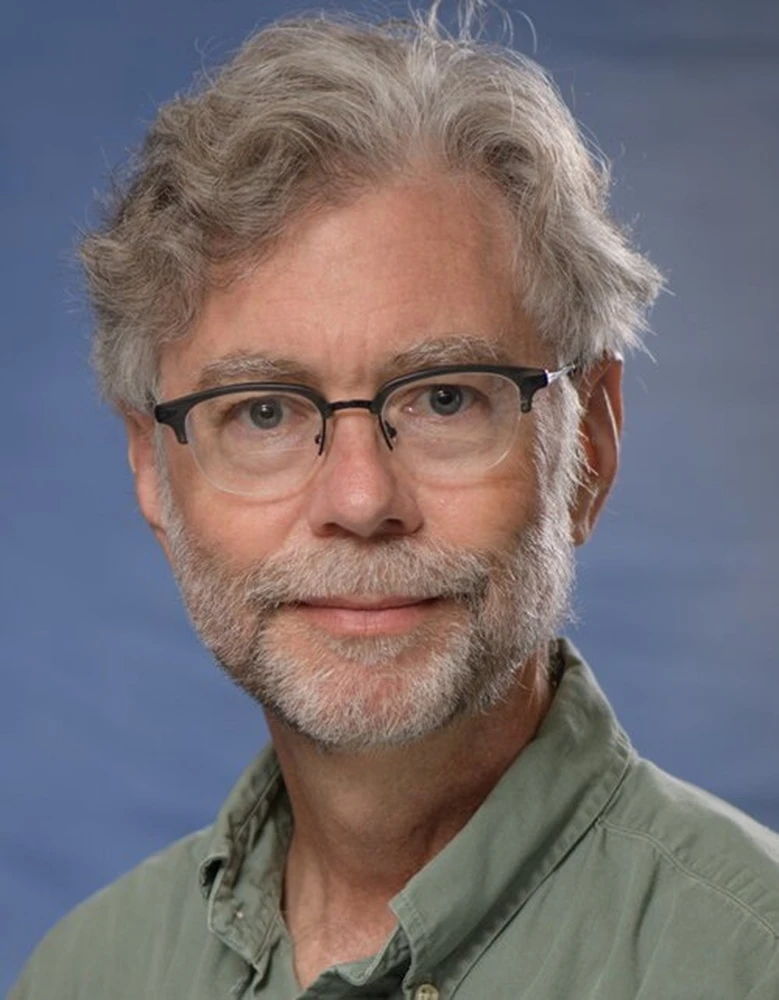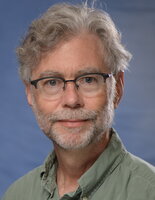
As Peter Lasersohn begins his newest chapter after twenty-nine years of teaching and research, we sat down with him to talk about his journey, and where he is headed.
Why did you decide to become a professor?
As an undergraduate, I had several professors who I really admired. It seemed like an interesting and worthwhile line of work. Then, after I graduated, I went into a very boring office job that made me realize how much I missed being in an academic environment and on a college campus. So I decided to go to grad school and try to become a professor.
What do you consider to be your greatest accomplishment?
Professionally, it would probably be my development of theoretical techniques to represent semantic contents whose truth values depend on perspective, initially in my 2005 paper ‘Context Dependence, Disagreement, and Predicates of Personal Taste’, and culminating in my 2017 book Subjectivity and Perspective in Truth-Theoretic Semantics. My 1999 paper ‘Pragmatic Halos’ was also an important milestone for me.
What advice do you have for new professors?
Think big. Don’t carve out an obscure little niche to work in; try to do something that has broad implications for linguistic theory. Don’t get discouraged if you submit a paper to a journal and the referee reports are negative — take it in stride, make the changes they ask for, and keep going.
What advice do you have for students?
For undergrads: Never skip class. When in class, give it your full attention — don’t send texts, or play games, or go online. Do all the reading, and read carefully; don’t let your eyes just pass over the words. Do all the homeworks, and not just perfunctorily at the last minute.
For graduate students: Do more than just master the material that we teach to you. Read beyond what’s assigned. Think about how to create new linguistics, not just about what has been done already by others. Start making conference presentations and submitting to journals as soon as you possibly can.
What has been your most memorable moment as a professor?
It’s hard to single out just one. There have been several times when I was thinking about a theoretical problem — sometimes one that had been bugging me for years — and then suddenly, something clicked and I could see my way to a solution. It’s a thrilling and gratifying sensation.
What has been the hardest thing of being a professor?
Giving bad grades. Sometimes, it needs to be done, but it is an unenjoyable experience. Usually even worse for the person receiving the grade, I know.
After retiring, what are your plans?
I plan to take all my dead batteries to the recycling center.
What will you miss the most about your job?
Classroom teaching. I enjoy standing in front of a group of people and explaining complex ideas. If I could just do that, and not have to deal with grading, committee work, administrative responsibilities, etc., I might keep going.
